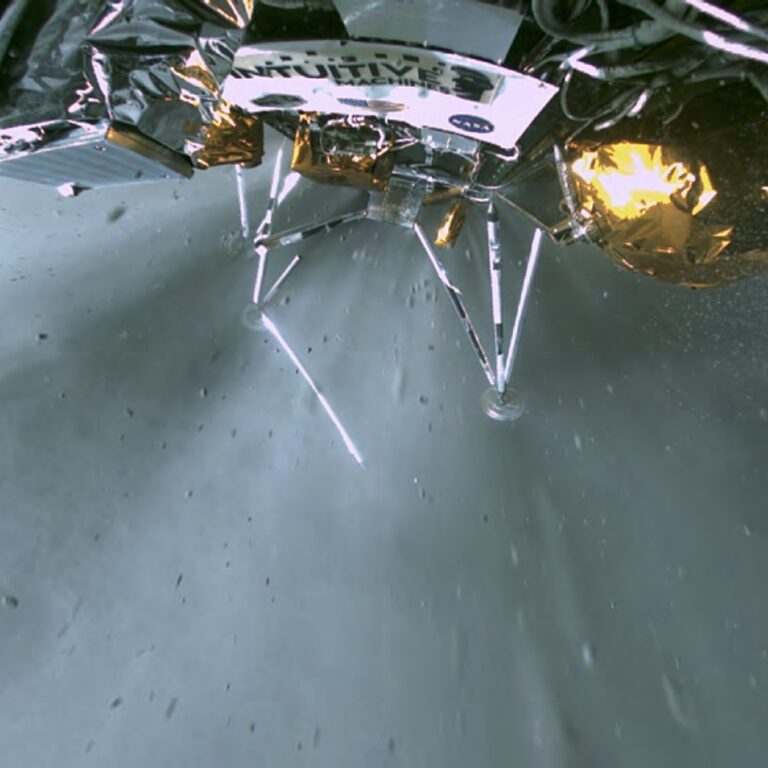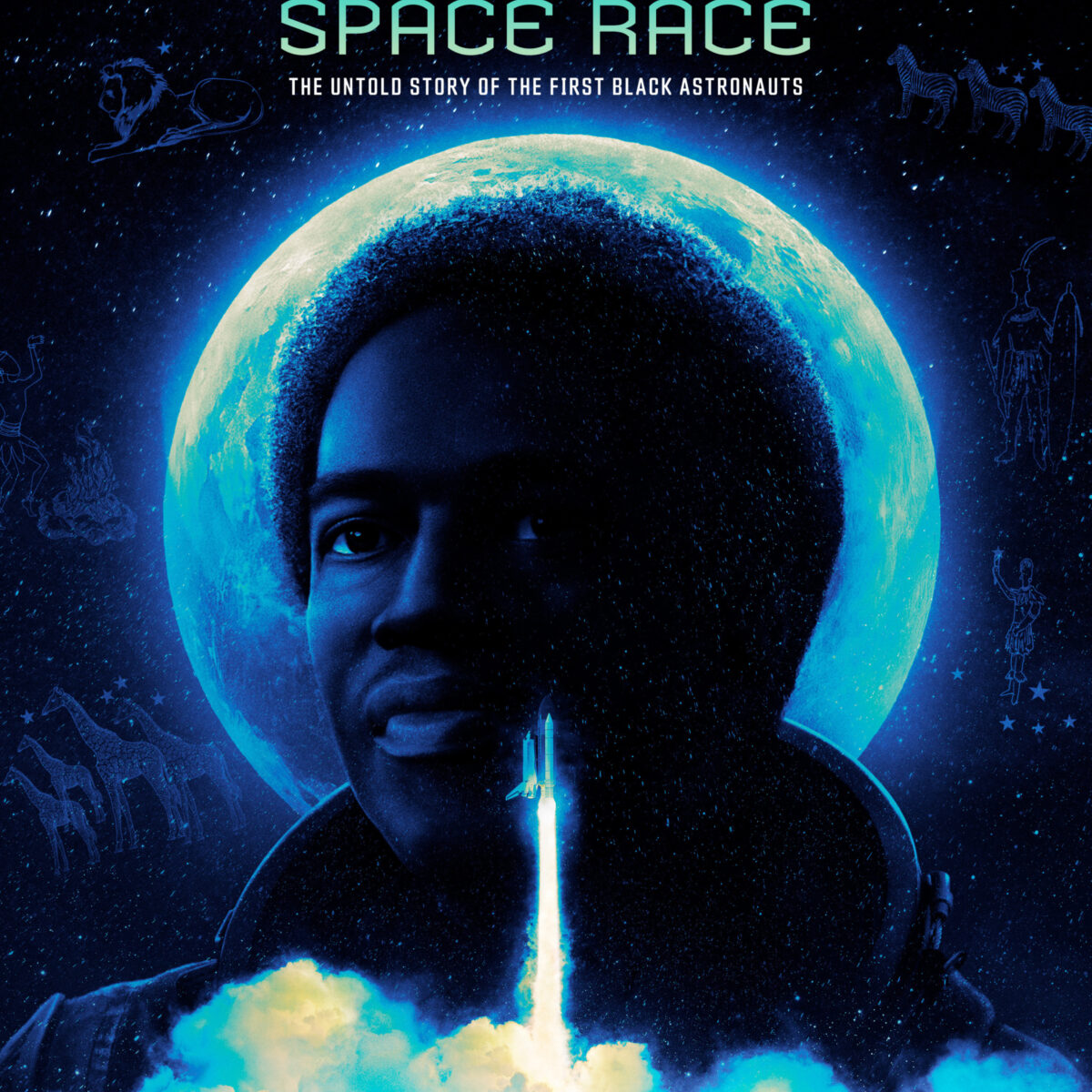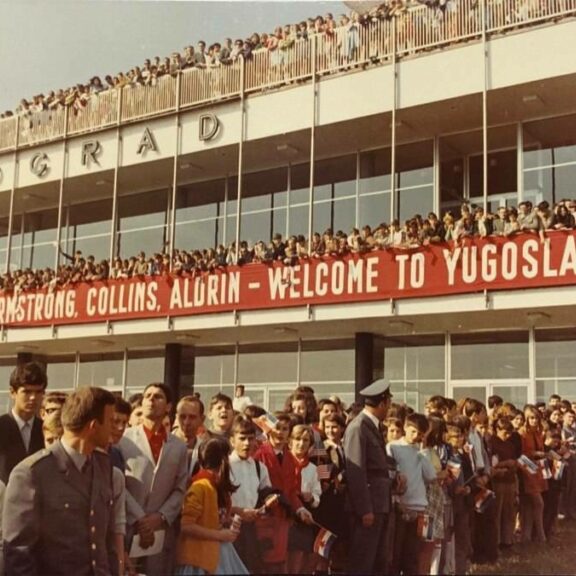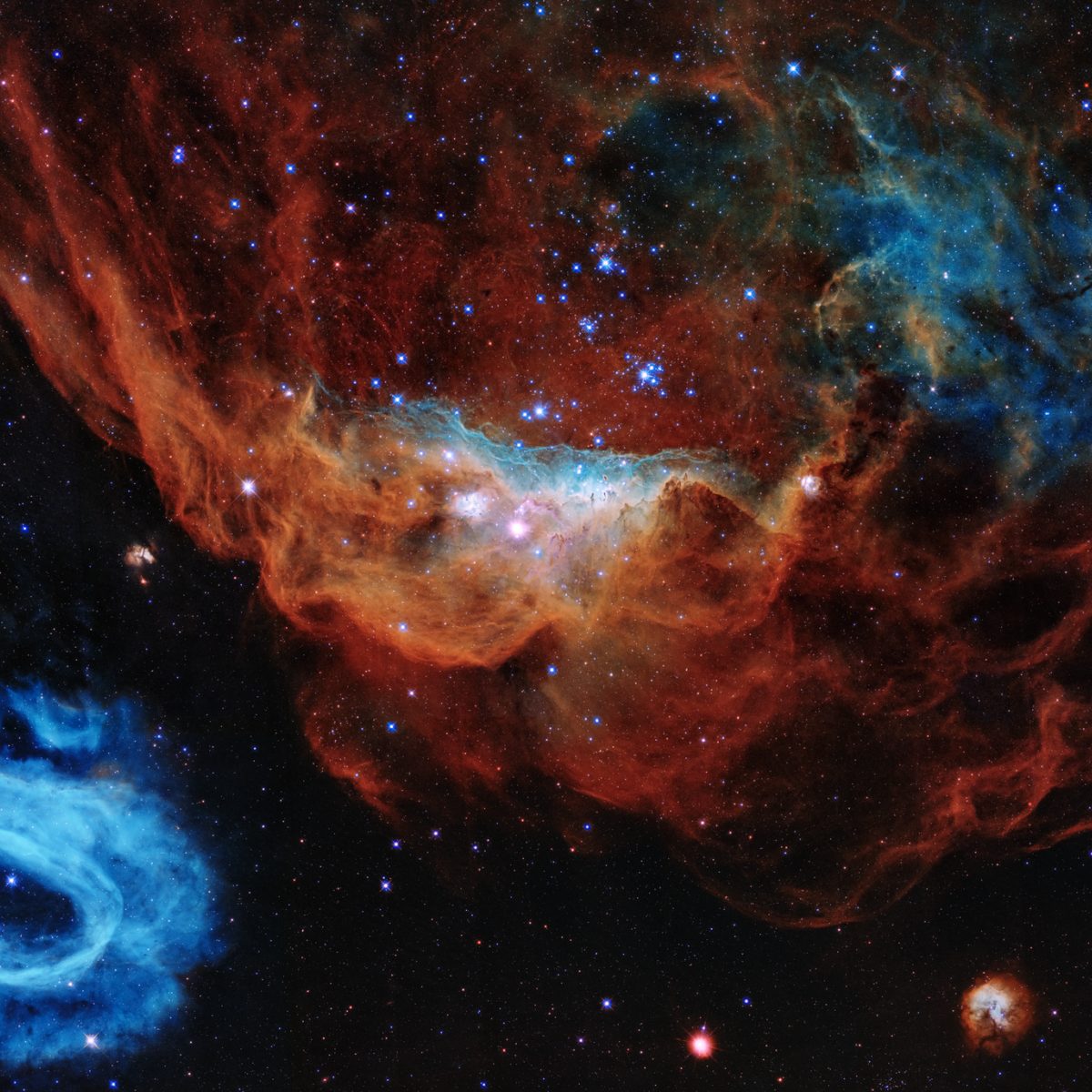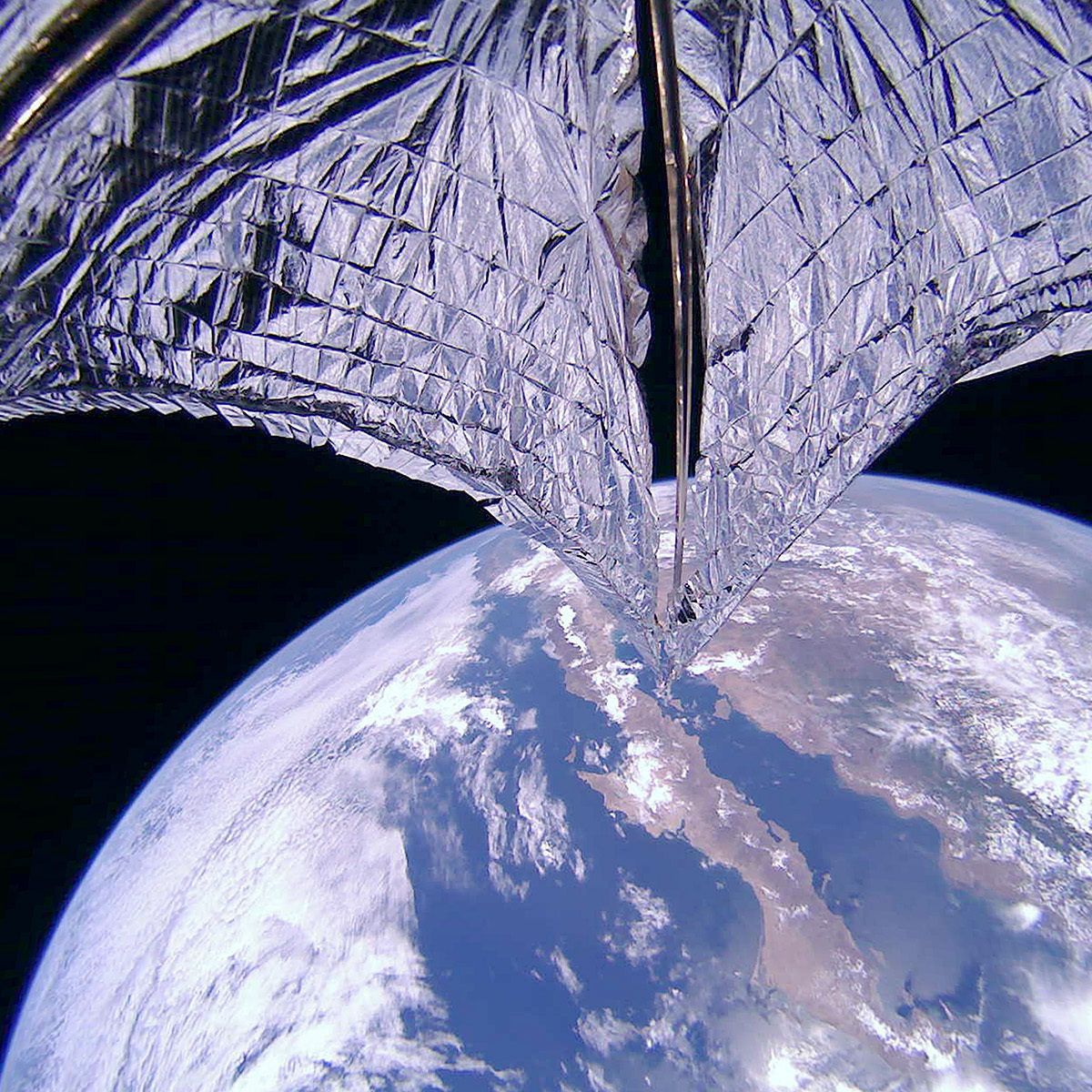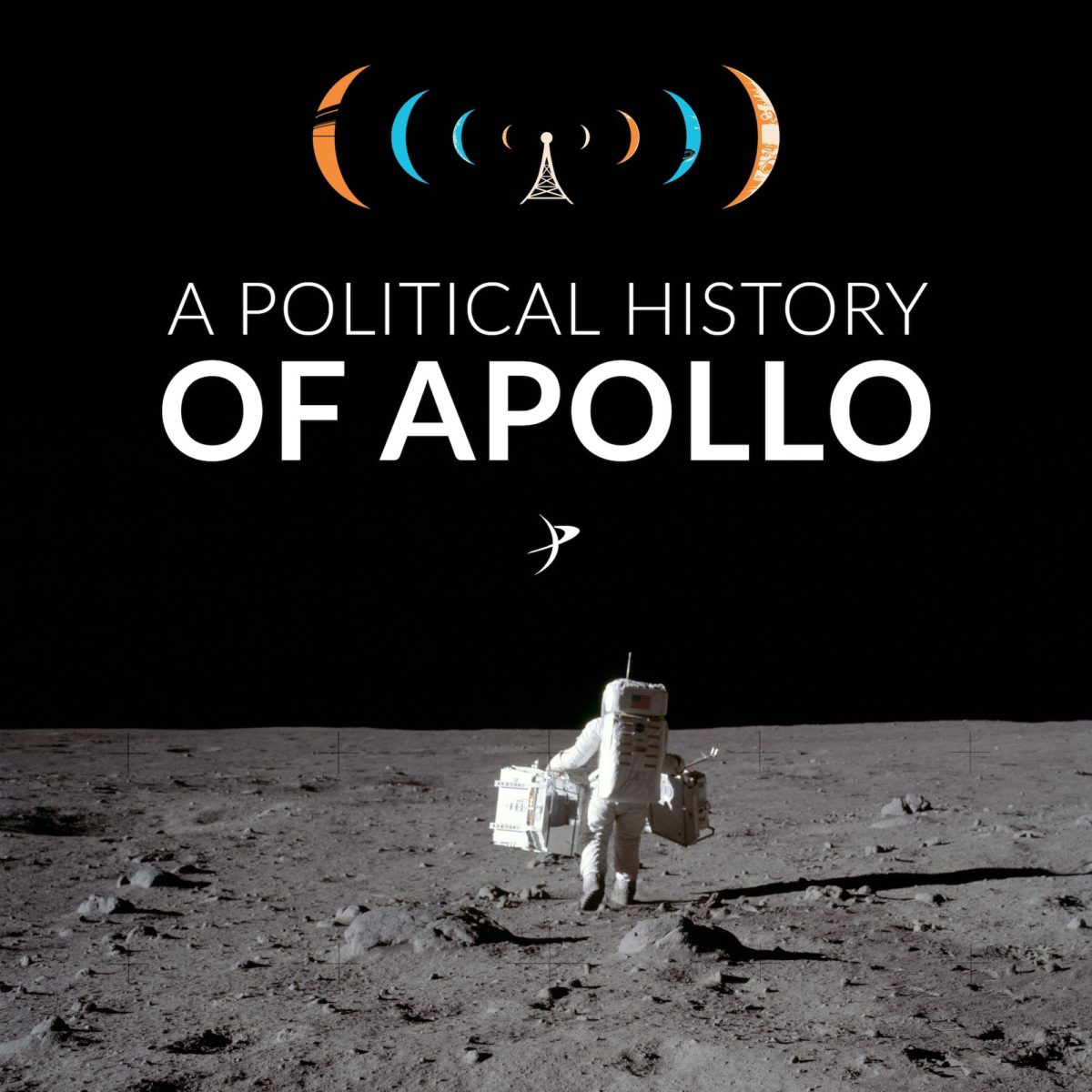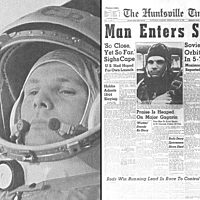Since 2002, Planetary Radio has visited with a scientist, engineer, project manager, advocate, or writer who provides a unique perspective on the quest for knowledge about our Solar System and beyond. The full show archive is available for free.
Search Planetary Radio
Science historian Dr. Matt Shindell joins the show to discuss the unique era of commercial lunar exploration, and how planetary exploration has evolved and can continue to evolve on and around the Moon.
This week on Planetary Radio, we take a peek behind the scenes at National Geographic's new documentary, “The Space Race,” which celebrates the triumphs and struggles of the first African-American space pioneers and astronauts.
Gerard K. O’Neill envisioned vast, magnificent human settlements in space. His followers, including Jeff Bezos, are working to turn his vision into reality.
Robert Crippen and John Young became the first humans to fly a space shuttle into orbit when Columbia launched on April 12, 1981.
Elon Musk’s SpaceX nearly failed 15 years ago as it struggled to launch its first rocket. Eric Berger has written about this challenging early era and how it helped create today’s successful, innovative company.
Space historian Teasel Muir-Harmony argues in her fascinating new book that the Apollo lunar program was promoted as a triumph of, not for, all mankind.
Astrophysicist and former astronaut John “Hubble Repairman” Grunsfeld looks back over three decades of beautiful science and inspiration delivered by the Hubble Space Telescope.
American astronauts are about to fly from Florida to the International Space Station for the first time in nine years, thanks to the commercial space development initiative advocated for years by Lori Garver.
Celebrating the 200th anniversary of the Royal Astronomical Society and the life of the late astronomer Margaret Burbidge.
This US research center has been part of more than 200 space missions, but it’s not a NASA facility! The Los Alamos National Laboratory in New Mexico gave the Voyager spacecraft their power sources, is building nuclear generators for future Martians, and accidentally invented the field of High Energy Astrophysics.
As NASA struggles to return humans to the Moon by 2024, it's worth asking: why did it stop in the first place? Space historian John Logsdon joins the show to discuss the politics behind the decision to abandon the Moon in 1972. Casey and Mat also discuss the proposal to offer a $2 billion prize for sending humans back to the Moon and establishing a base there, and why that's not good public policy.
Host Mat Kaplan in a long and fascinating conversation with Nicholas de Monchaux, author of Spacesuit: Fashioning Apollo. This great book is about much more than creation of the suits that allowed humans to walk and work on the Moon. Jason Davis shares pointers on looking for LightSail 2 overhead, while Bruce Betts provides a solar sail update in this week’s What’s Up. And you might win a Planetary Radio t-shirt!
Did the public support Project Apollo? Dr. Emily Margolis joins the show to explore the domestic politics and cultural impact of the space age throughout the 1960s. Despite the success of the lunar landings, there was more opposition to Apollo than we generally remember.
It will be the first flying machine on another world. Mars Helicopter Project Manager MiMi Aung shares her plans. There’s big news about The Planetary Society’s LightSail 2!
In the final episode, producer Mat Kaplan joins Casey to reflect on the lessons and legacy of Apollo. Was it a burden on the space program or a gift for future generations? What can we take away from this single data point of humans walking on another world? And what should we be wary of?
After more than a decade's worth of work and billions of dollars spent, the United States could send humans to the surface of the Moon whenever it wanted. But after landing only six times, the country just walked away, closing down production lines, laying off tens of thousands of workers, and committing humans to low-Earth orbit seemingly indefinitely. Why did it end? And was this inevitable?
In 1964, 40% of the public did not approve of Project Apollo, and more than 50% did not think the moon shot was "worth the cost" throughout the 1960s. Kennedy himself questioned the commitment and considered cooperating—instead of competing—with the Soviet Union in space. At the same time, there was an explosion of space-related pop culture and citizen engagement with the space race. Dr. Emily Margolis, whose dissertation was titled Space Travel at 1G: Space Tourism in Cold War America, joins the show to explore the complicated politics of the home front during Project Apollo.
The Soviet space program launched the first artificial satellite, the first man, and the first woman into space. Soviet cosmonauts performed the first spacewalk and piloted the first two-person spacecraft. But it was the United States that placed the first humans on the surface of the Moon. What happened? Dr. Asif Siddiqi, author of Challenge to Apollo: The Soviet Union and the Space Race (PDF Download), helps answer that question.
Space historian Dr. Roger Launius joins the show to explain why Apollo happened the way it did, how a moonshot briefly became a solution to a national security problem, and why it is unlikely to happen again.
When President Kennedy announced Project Apollo, the United States was locked in a global ideological conflict with the Soviet Union. But how did the idea of a Moon shot come to be the answer to a political problem? And why did it happen when it did? Dr. Roger Launius, former Chief Historian of NASA and currently the Principal at Launius Historical Services, explains why Apollo happened and where it came from. His latest book, Apollo's Legacy: Perspectives on the Moon Landings is available now.


 Explore Worlds
Explore Worlds Find Life
Find Life Defend Earth
Defend Earth


